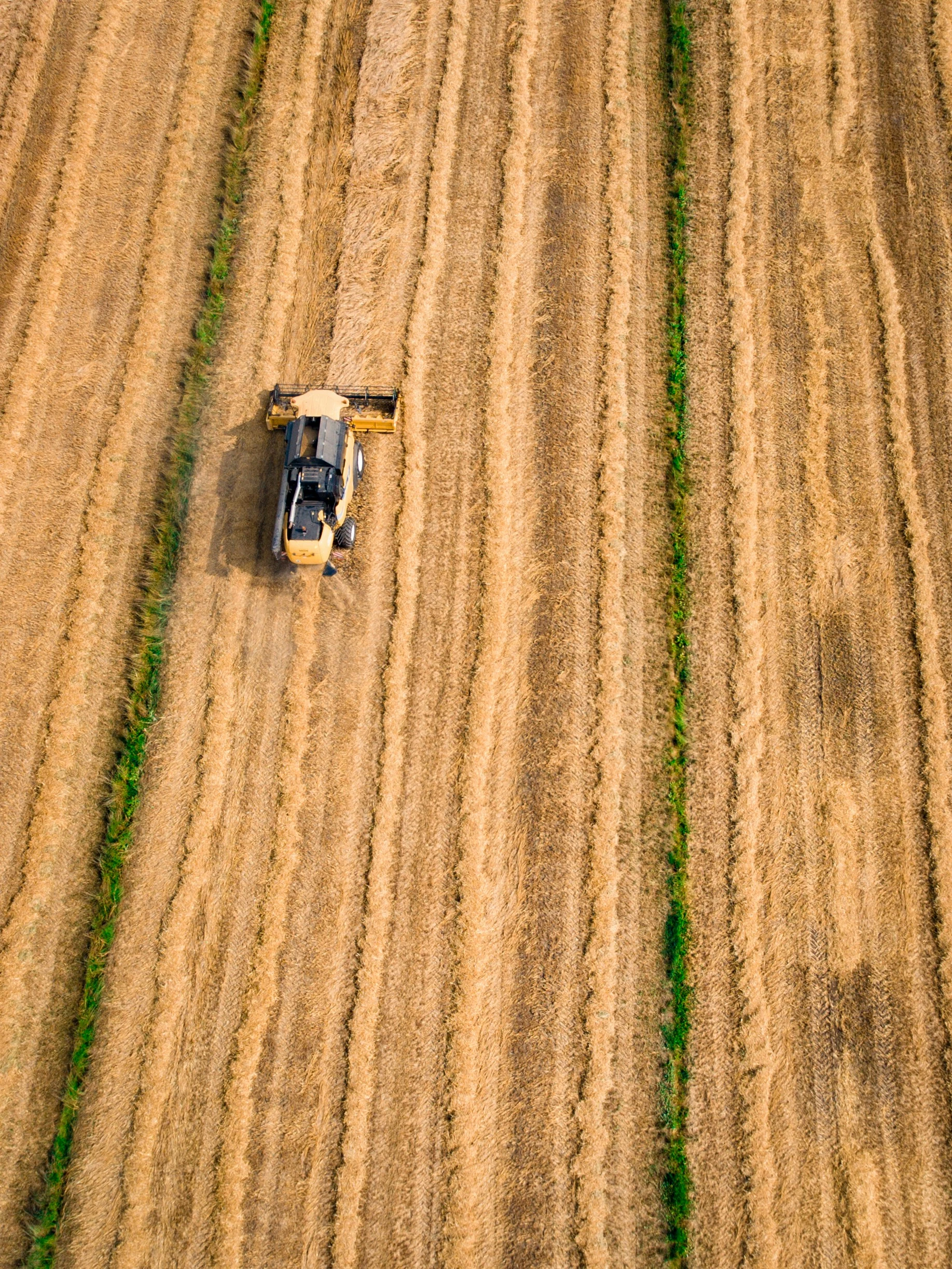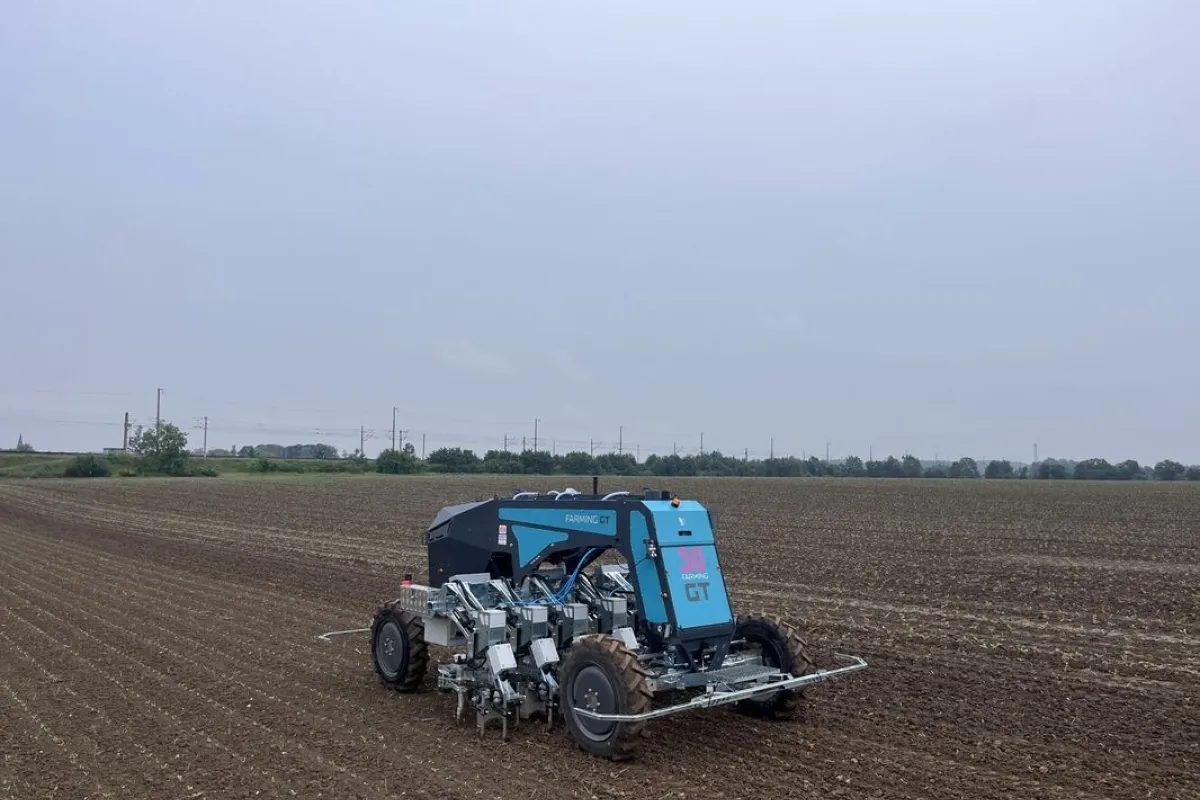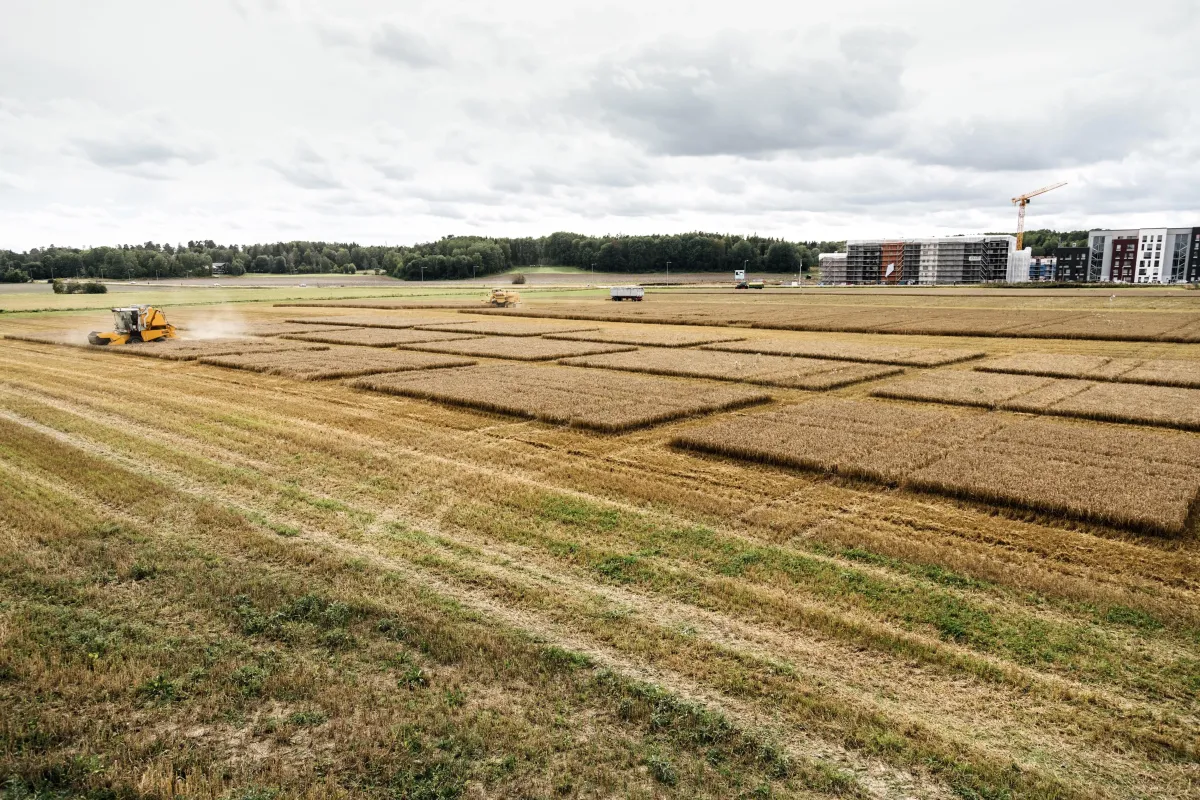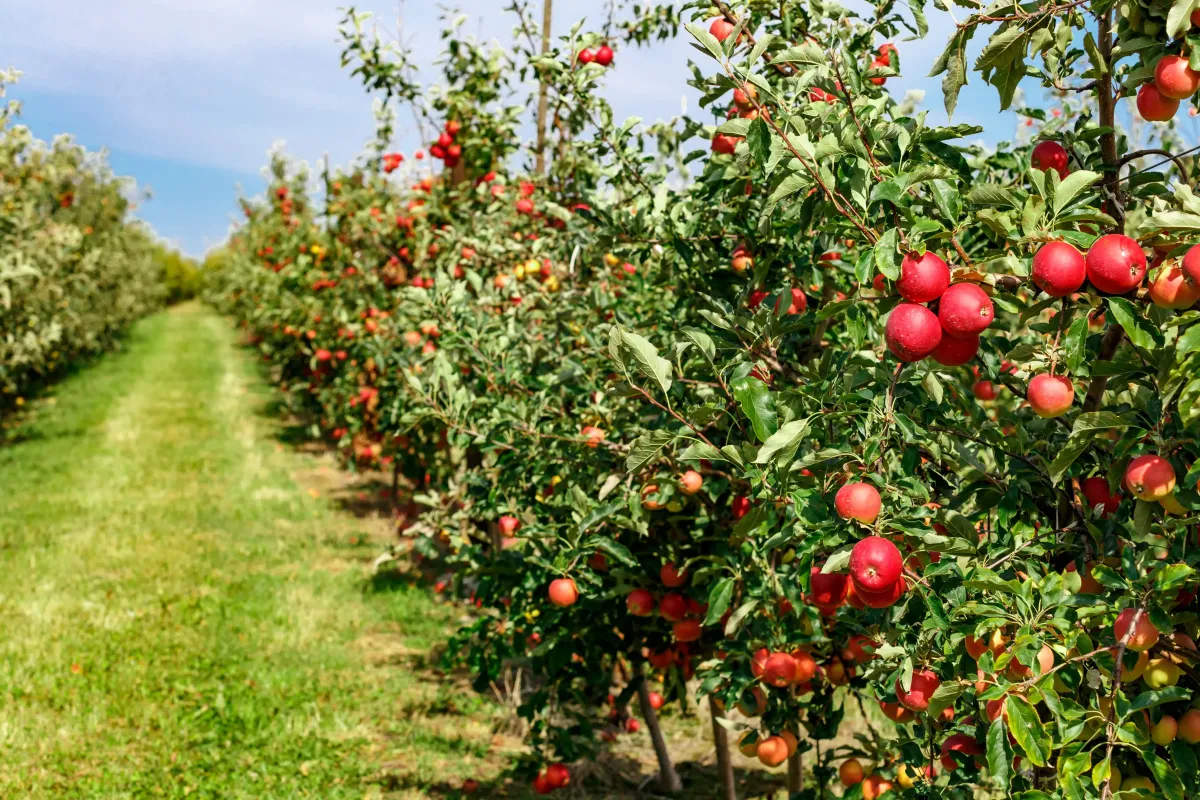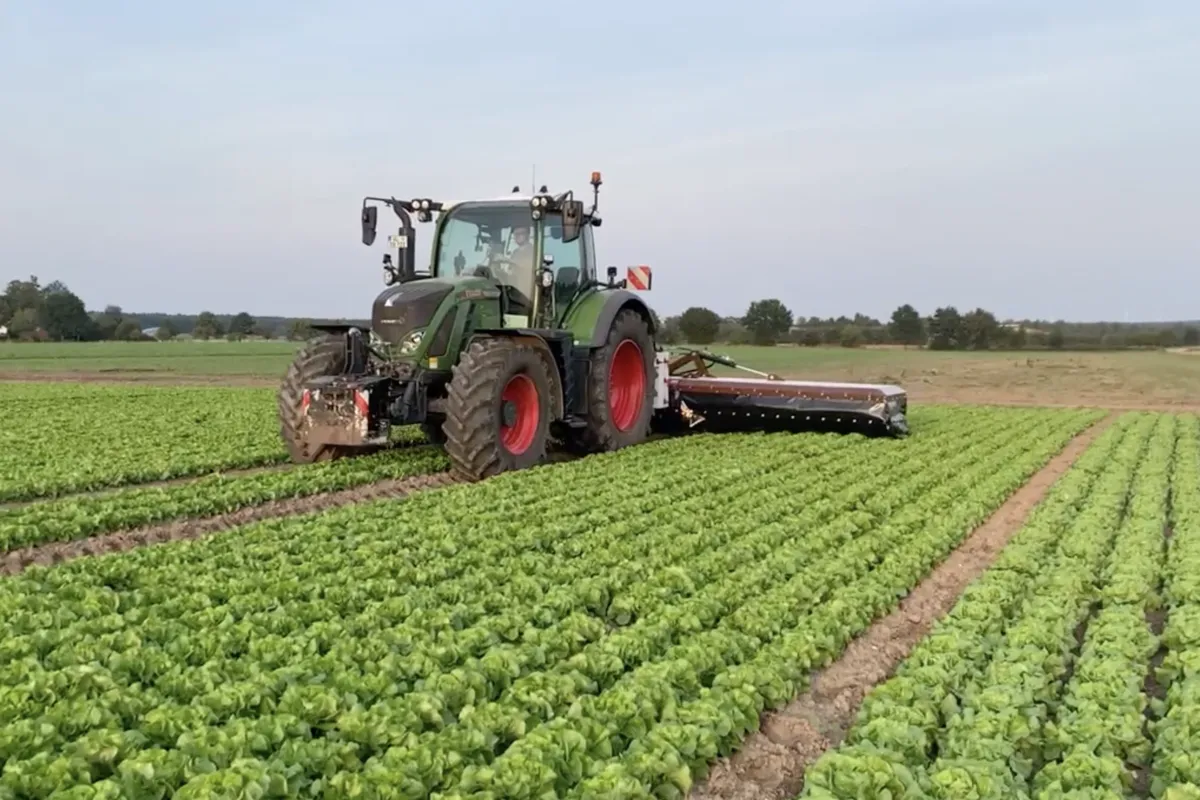
Overview
The AI model training service in TEF infrastructure offers a powerful platform for developing cutting-edge artificial intelligence solutions in the agrifood sector. Leveraging high-performance computing resources, this service enables innovators to train AI models using diverse tabular data types. These include sensor readings (such as soil moisture, temperature, and nutrient levels), machine-generated data (from agricultural equipment and IoT devices), crop yield statistics, weather patterns, and supply chain metrics. Users can either provide their own datasets or utilise existing data within the TEF infrastructure (see Related Services). The service supports a wide range of AI frameworks and model architectures, allowing for flexible experimentation and rapid iteration. From predictive maintenance of farming equipment to optimising crop management practices, this platform accelerates the development of AI-driven solutions that address critical challenges in agriculture and food science, fostering innovation and efficiency in the industry.
More about the service
In case the customer provides a model prototype, it should be trained with one of the main machine learning development technologies in the Python language, like scikit-learn, CatBoost, XGBoost, LightGBM, PyTorch, Keras, TensorFlow, etc.
As a more specific example, the company VineGuard Analytics has developed a predictive system that helps wine producers optimise their grape harvesting schedule by forecasting the optimal harvest window 2 weeks in advance.
The system analyses data from:
-Soil moisture sensors.
-Local weather station readings (temperature, humidity, rainfall).
-Historical harvest dates and quality ratings.
-Grape sugar content measurements.Satellite imagery of vineyard health.
To improve their model's accuracy, VineGuard wants to incorporate new data from their clients' vineyards.
Each client provides:
-Three years of historical data, including:Daily sensor readings in CSV format.
-Harvest dates and corresponding wine quality scores.Weekly grape analysis results.
-A pre-trained XGBoost model (Python 3.8+) that:
-Takes 14 input features (weather, soil, and grape metrics).
-Outputs a harvest readiness score (0-100).
-Uses standard scikit-learn preprocessing pipelines.
-Is version controlled through Git.
The model will be retrained on TEF infrastructure using the combined historical datasets from multiple vineyards while maintaining data privacy between clients. The improved model aims to reduce harvest timing errors from ±5 days to ±3 days.
